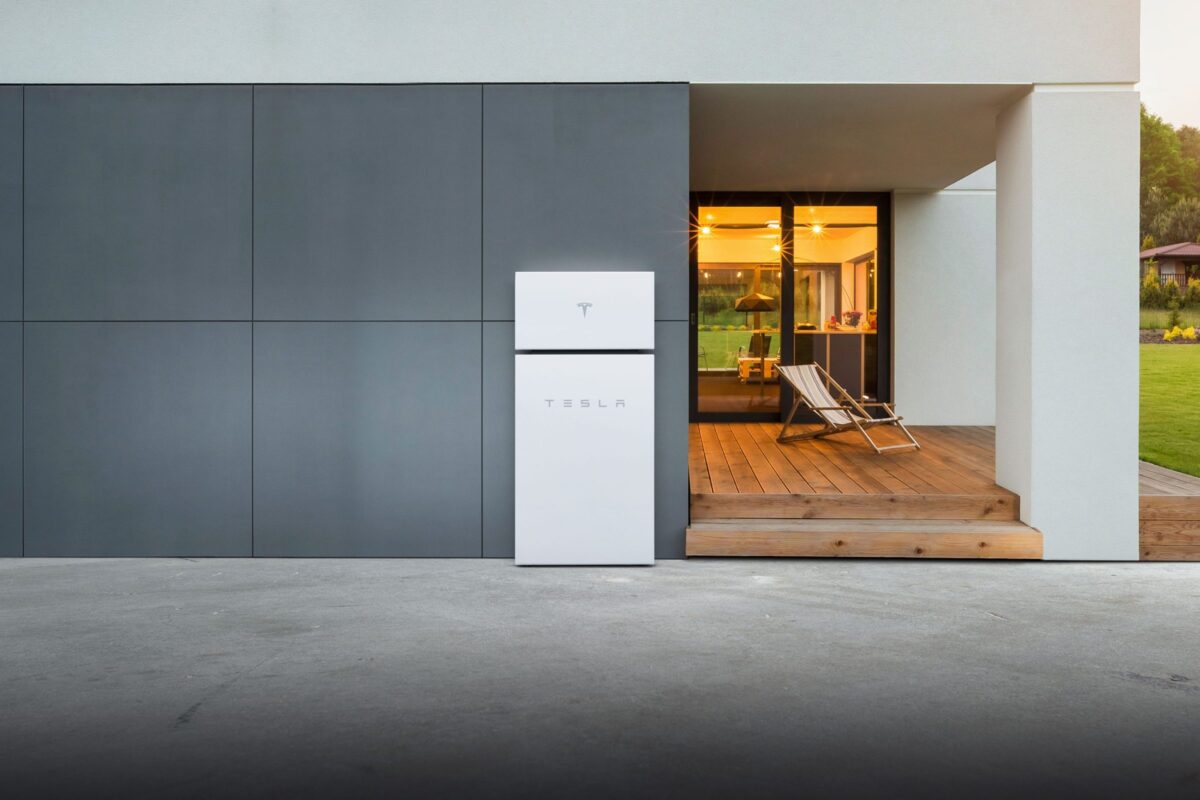Yesterday, Tesla Energy threw caution to the wind and opened a portal into what it believes is the solar industry’s future: the company’s Solar Roofs. For a $1,000 down payment, homeowners around the world could earn the coveted title of early adopter by ordering one.
Before embracing Elon Musk’s vision for the future entirely, the company suggests customers use its price calculator which, based on myriad factors including roof size and neighborhood insolation rates, calculates the upfront price of Solar Roof and the value of the energy it can generate for their home. For now, the calculator can only be used by U.S. homeowners, although the company insists calculators for other countries are in the works. Non-U.S. customers can still make their reservation even without making sure it makes sense for them.
“Solar Roof is more affordable than conventional roofs because in most cases, it ultimately pays for itself by reducing or eliminating a home’s electricity bill,” the company’s announcement said. The key phrase in that statement “ultimately pays for itself.”
Many non-solar specific analysts have misunderstood Musk’s point, which has never been that the Solar Roof installation would be less expensive than installing traditional roofs. Instead, to find the true cost of a Solar Roof, customers will have to take the upfront cost of installation and subtract the energy savings it will bring them.
At the product unveiling, Musk assured potential customers Solar Roofs would last longer than traditional roofs which, according to the National Roofing Contractors Association, “are designed to provide useful service for about 20 years. Some roof system types, such as slate, clay tile and certain metal (e.g., copper) systems, can last longer.” The company reiterated that claim yesterday.
“Solar Roof is more durable and long-lasting than “any roof on the market,” the release said. “Made with tempered glass, Solar Roof tiles are more than three times stronger than standard roofing tiles. We offer the best warranty in the industry – the lifetime of your house, or infinity, whichever comes first.”
At press time, no other building-integrated photovoltaic systems (BIPV) offer an “infinity” warranty. By definition, however, the “lifetime of your house” would necessarily come before infinity which is, of course, infinite.
The new systems come with a Tesla Powerwall battery system, which allows homeowners to collect energy during the day and use it at night. The latest Powerwall battery costs around $5,000.
Solar Roof tiles come in a variety of styles, though the first off the production will be gray smooth glass and black textured glass. If customers want slate glass and Tuscan glass, they will have to wait a year. The company says installations will be completed on a first-ordered, first-installed basis in the United States, but as production continues to ramp, deliveries will begin internationally.
The company says that once customers order the Solar Roof, they won’t have to worry about it any more. Tesla will remove the existing roof, design, permit, install and maintain the product thereafter. The installation process should typically last five to seven days, though its interconnection to the grid will depend on local regulations.
This content is protected by copyright and may not be reused. If you want to cooperate with us and would like to reuse some of our content, please contact: editors@pv-magazine.com.








By submitting this form you agree to pv magazine using your data for the purposes of publishing your comment.
Your personal data will only be disclosed or otherwise transmitted to third parties for the purposes of spam filtering or if this is necessary for technical maintenance of the website. Any other transfer to third parties will not take place unless this is justified on the basis of applicable data protection regulations or if pv magazine is legally obliged to do so.
You may revoke this consent at any time with effect for the future, in which case your personal data will be deleted immediately. Otherwise, your data will be deleted if pv magazine has processed your request or the purpose of data storage is fulfilled.
Further information on data privacy can be found in our Data Protection Policy.